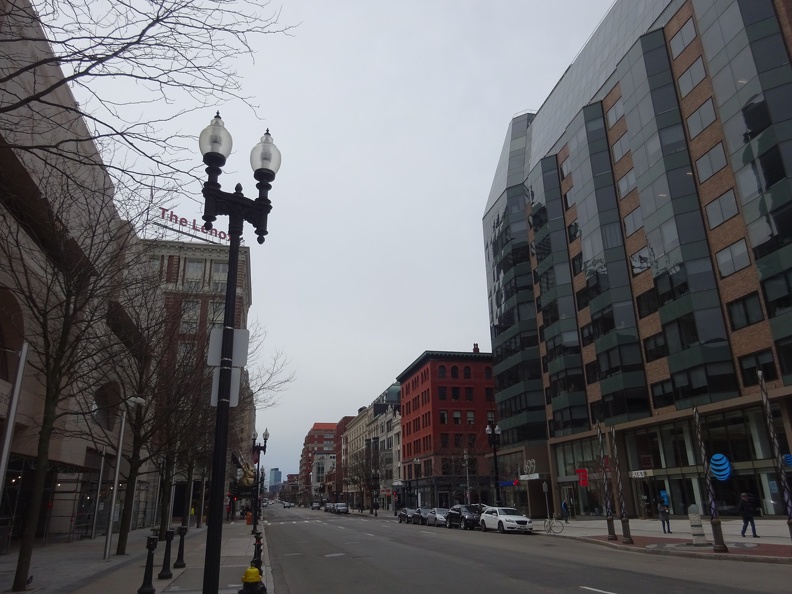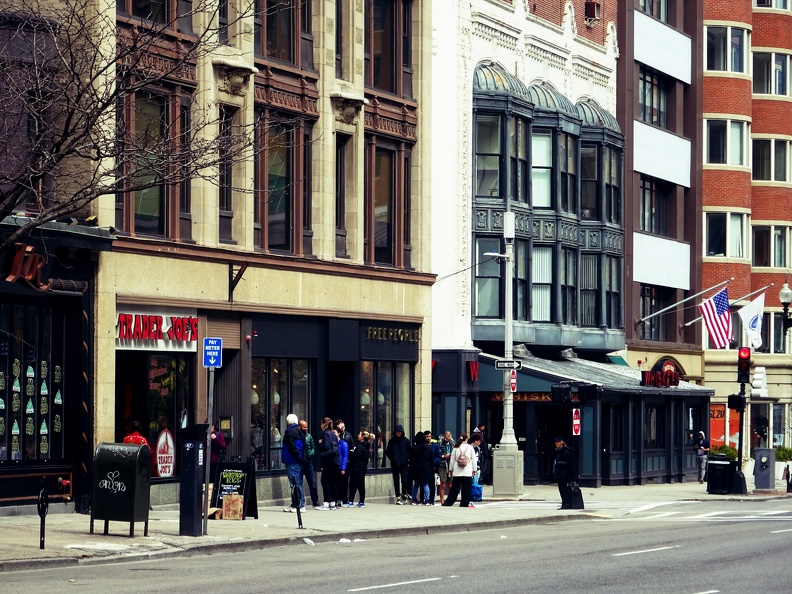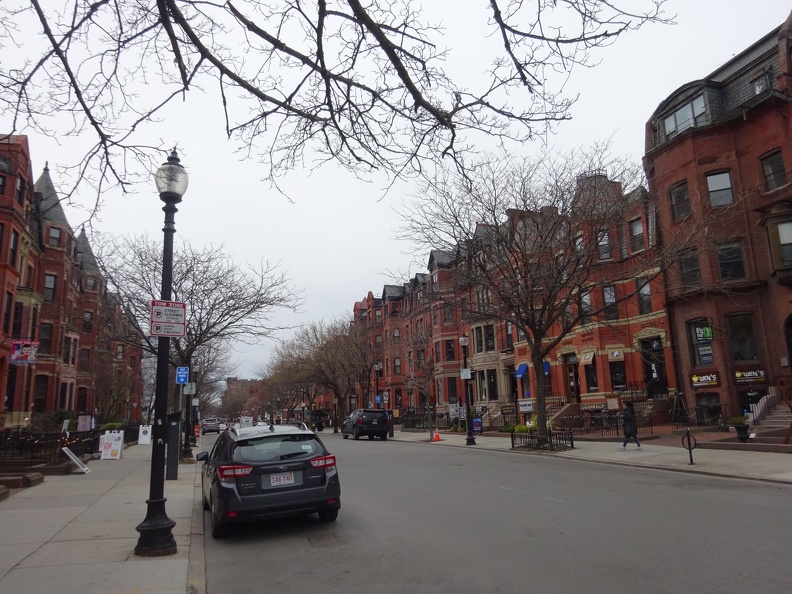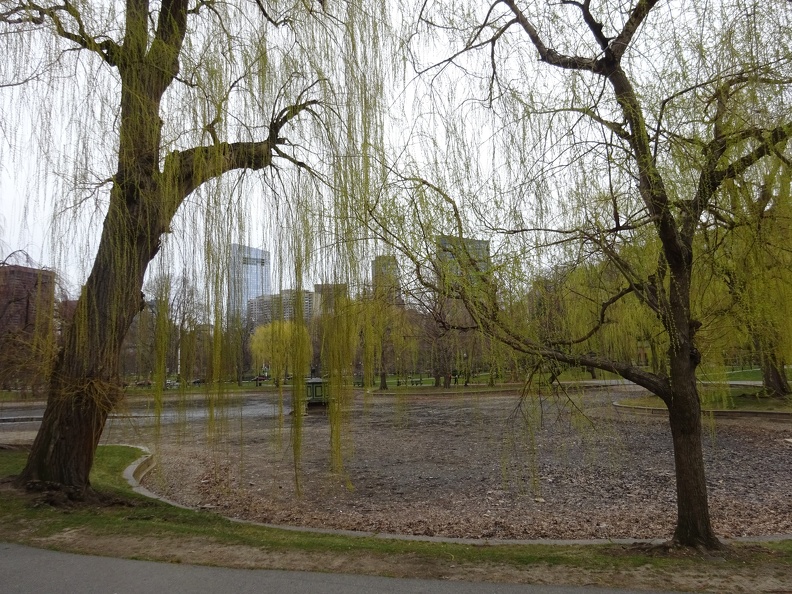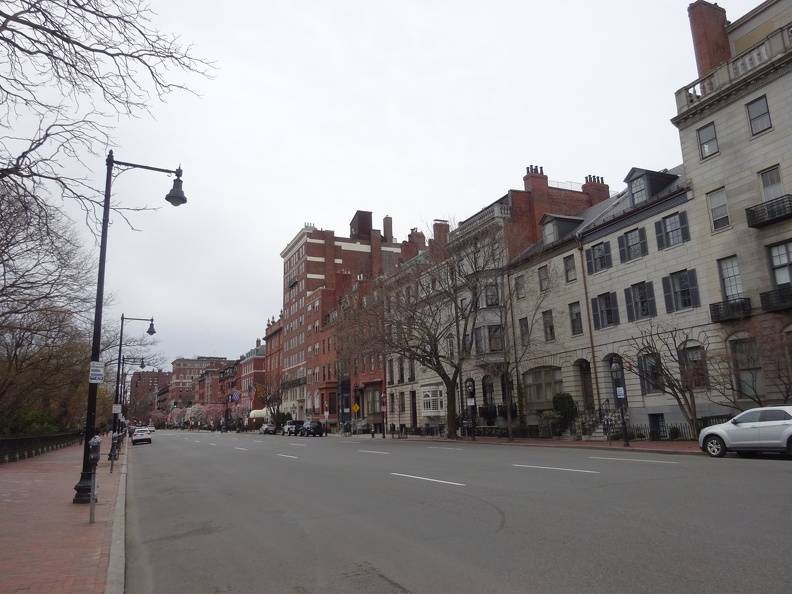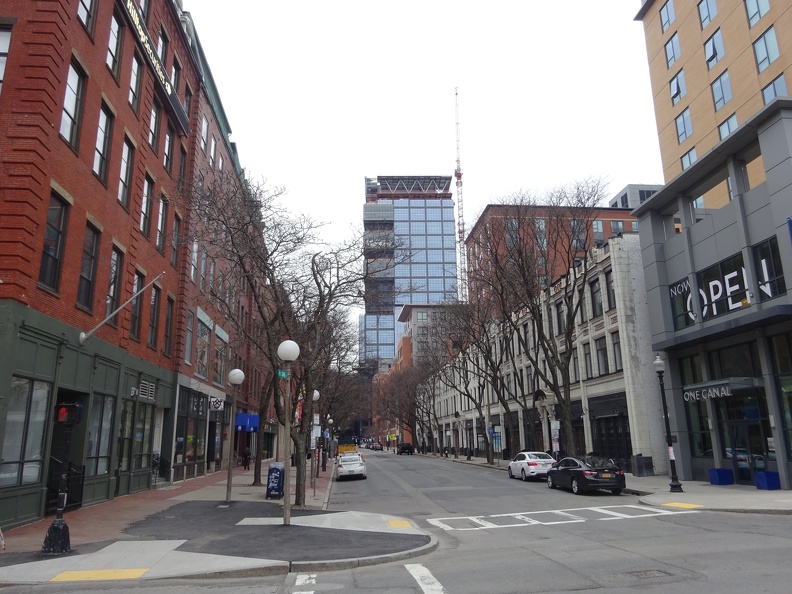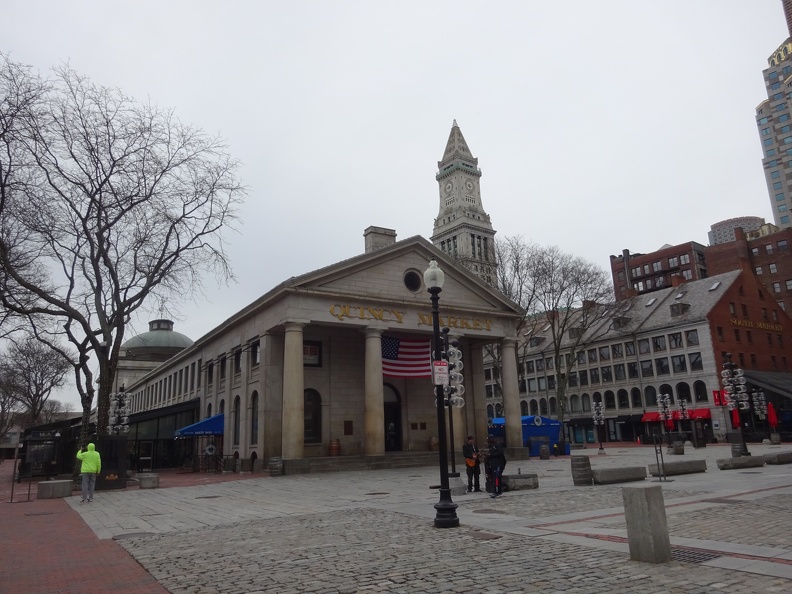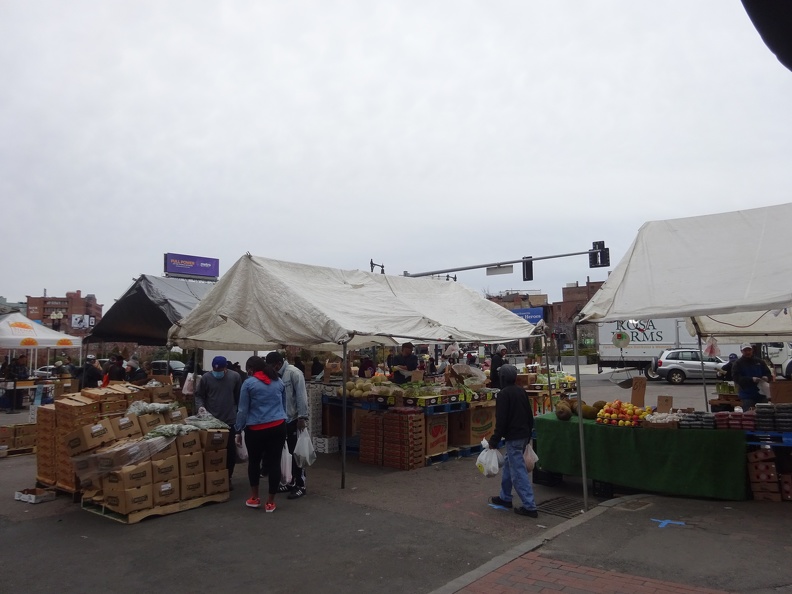As Covid-19 vaccines gradually roll out, it’s a good time to revisit the topic of whether or not they should be mandatory. As someone who believes in individual rights and liberty, it is my opinion that they absolutely should not. Like any medical procedure, whether or not to get a Covid-19 vaccine should be a personal choice.
In an opinion piece in the Boston Globe Magazine a while back, Tom Keane argued that the government should require the Covid vaccine. “There’s a powerful moral argument that needs to be made,” he writes. “The vaccine isn’t about you. It’s about everyone else. Those who refuse to get the vaccine will in effect be imperiling the health and lives of their relatives, friends, and fellow citizens.” Keane personally criticizes those who oppose mandatory vaccination, calling them “cranky” and describing their position as “against all reason and morality.” He suggests that, as opposed to forcibly sticking needles into people’s arms, the government require the vaccine in order for people to go to work, go shopping, go to restaurants, or board planes.
“Indeed, the simple requirement can be that if you want to leave your house, you must get vaccinated,” he writes. “Maybe that seems intrusive. But it’s actually far less so than what we endured at the height of the lockdown from mid-March through mid-May, when the state shut down its entire economy. Maybe a few diehard anti-vaxxers will resist and simply stay forever in their homes. Fine by me. As long as they can’t mix with the general population, they won’t pose any threat. While normalcy returns for the rest of us, and we work and play as we used to, they can stay stuck inside, isolated and alone, glaring out their windows as life passes them by.”
There are numerous problems with this. First of all, I really don’t appreciate the negative characterizations of people who oppose mandatory vaccination. People with different opinions than Keane’s are not necessarily any more cranky, angry, or resentful than he is; they just have different opinions. Second, the proposed requirement that people receive a vaccine as a condition of being allowed to leave their house is, for all practical purposes, just as coercive as forcibly sticking a needle into someone’s arm. Keane makes it sound easy for someone to simply choose never to leave his or her home, but doing so is essentially impossible. Unless a person has enough money to last for the rest of his or her life, he or she must work. Even for someone who has the good fortune not to need employment, it will still be necessary to purchase groceries and other necessities, or perhaps to go to doctor’s offices occasionally. Not to mention the fact that psychologically, it would be impossible for all but the most avid homebodies to have an acceptable quality of life without being allowed even to take a walk down the street.
Which brings me to my main point: contrary to Keane’s contention that opposing mandatory vaccination goes against reason and morality, it is entirely morally permissible not to get a vaccine. It’s true that a person’s decision not to get the vaccine may have indirect effects on other people. But the key word here is indirect. The more people in a community who opt not to get the vaccine, the higher the prevalence of the virus in that community, so an individual person’s decision not to get the vaccine does contribute infinitesimally to raising the risk of infection for everyone in the community. But think about how directly a person is affected by being forced to make the choice between submitting to an unwanted medical procedure and being confined to one’s house for the rest of one’s life. People have the right to make their own decisions about which, if any, medical procedures to undergo. People also have the right to freedom of movement, meaning the ability to leave their house as frequently as they wish and to go wherever they wish to go. Therefore, people have the right to both of these things, and it violates people’s rights to force them to choose one or the other.
For those who argue that vaccination’s impact on other people justifies taking away the individual’s right to choose, it’s important to ask yourself: what is more of an invasion, to be around people who have not gotten a vaccine, or to be forced to get an unwanted vaccine in order to avoid a life sentence of house arrest? People have a right to control their own bodies, but they do not have a right to control the disease risk that is present in the environment around them, especially when doing so requires invading the bodies of others. If you are so concerned about catching the virus that you do not feel safe going outside unless you know that everyone else outside has been vaccinated, it is your responsibility to stay home. It is not other people’s responsibility to stay home in order to make you safer.
I would also add that Keane’s proposal is, in my opinion, more intrusive than the stay-at-home orders that shut down states’ entire economies. Requiring a medical procedure in order to do something is in some ways more invasive than banning the thing altogether. And stay-at-home orders, although they closed businesses deemed non-essential, did not completely ban people from leaving their homes as Keane’s vaccine mandate would do; people were still allowed to at least walk around outside and go to supermarkets and essential businesses. Plus, even if a vaccine mandate was less invasive than a stay-at-home order, that would not make it acceptable. Both violate people’s rights, and therefore neither ought to be enacted. Proving that your preferred policy is less oppressive than another policy does not prove that it is okay.
So in conclusion, people who opt not to receive the Covid-19 vaccine are making a choice that is perfectly morally acceptable. It is cruel and unusual to suggest that someone who makes this choice should receive a life sentence of house arrest.


